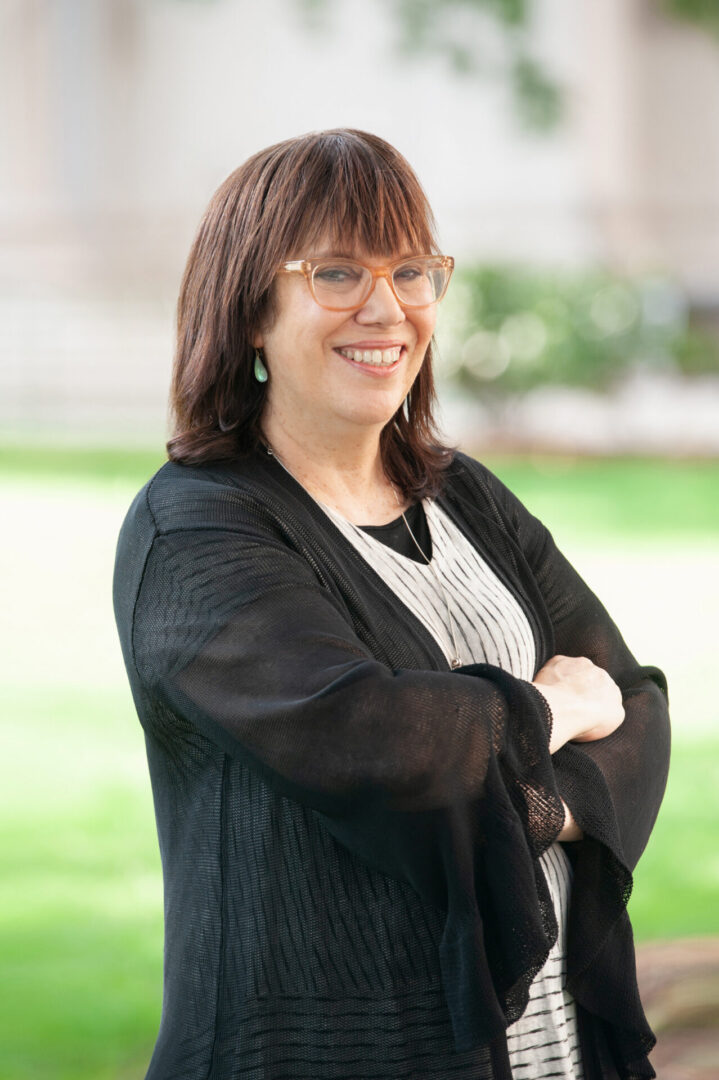Deborah Blum: Award-Winning Science Writer
Deborah Blum, director of the Knight Science Journalism program at MIT, is a Pulitzer-Prize winning science journalist, columnist, and author of six books, most recently, The Poison Squad, a 2018 New York Times Notable Book, and the subject of a 2020 PBS documentary. She is co-editor of the 2022 book, A Tactical Guide to Science Journalism, published by Oxford University Press and is currently under contract with Penguin Press for a book about female poisoners.
Blum won the Pulitzer in 1992 for a series on primate research that became her first book, The Monkey Wars. She has since focused on key moments in the history of science with books including Love at Goon Park (2002), Ghost Hunters (2006), the New York Times bestseller, The Poisoner’s Handbook (2010). A co-editor of A Field Guide for Science Writers (2006), she is now under contract with Oxford University Press as a co-editor of a forthcoming guide to science journalism. She has worked as a science columnist for The New York Times, a blogger for Wired, and has written for publications ranging from The Wall Street Journal to Mother Jones. She was the Helen Firstbrook Franklin professor of journalism at the University of Wisconsin-Madison for 15 years before being selected as the fourth director of the Knight Science Journalism Program in 2015. Shortly later, she launched the online science magazine, Undark, which now numbers a readership in the millions and has won numerous national awards, including the George K. Polk Award.
Blum is a former president of the National Association of Science Writers, was a member of the governing board of the World Federation of Science Writers, and currently serves on the board of the Council for the Advancement of Science Writing, and on advisory boards of the magazine Spectrum, the MIT Museum, and the Burroughs Wellcome Fund. She is a fellow of the American Association for the Advancement of Science (AAAS) and a lifetime associate of the National Academy of Sciences (NAS) in recognition of her work in science communication.

